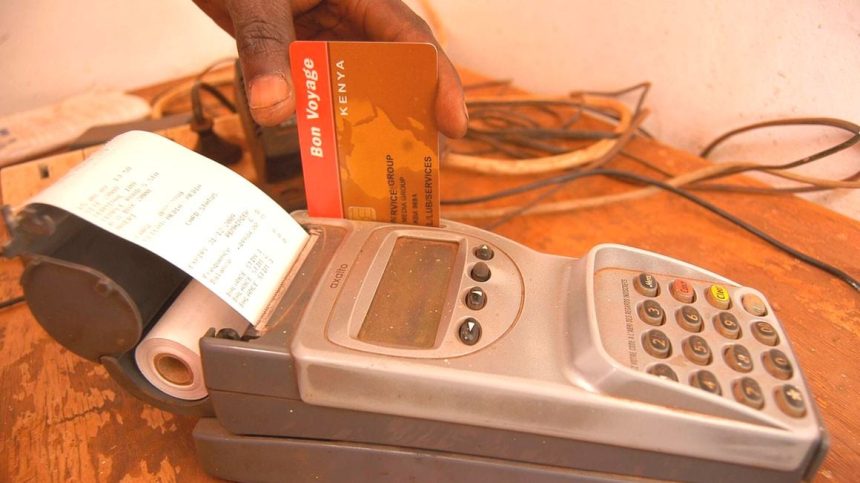Joseph Mukuna Simekha, a director at The Project Allied Consultants, picked up his young son from school on January 17, 2011.
On his way home, he decided to fuel at a Total Kenya station in Nairobi’s South B Shopping Centre. The oil major had issued him with a Bon Voyage fuel card, and he decided to purchase fuel worth Sh5,000.
The pump attendant did as directed but when he allegedly swiped the card, it returned a negative balance. He stopped fueling the vehicle with oil worth Sh2,960 according to the meter.
Mr Simekha was briefly detained by the management of the petrol station because he had no funds to pay for the fuel.
He then requested to be driven to a friend’s place to get some cash, a request that was granted on condition that the fuel card and his national identity card would be retained.
Mr Simekha maintained that the fuel card was loaded with sufficient funds and the action at the petrol station were demeaning as they portrayed him as poor and unable to meet his financial obligations.
He sued Total arguing that the action reduced its business standing in the eyes of the public and that the brief detention caused him mental anguish because he wanted to drop his then five-year-old son at home and then back to work for a scheduled business meeting.
In September last year, Nairobi principal magistrate Sammy Opande agreed with Mr Simekha and awarded the company (The Project Allied Consultants Ltd) Sh2.4 million for breach of contract and negligence.
The oil dealer appealed against the decision. Last week, High Court judge Chacha Mwita quashed the award saying the trial court erred in holding that there was a breach of contract and wrongly awarded damages to a company for illegal detention and mental distress.
“In the circumstances of this case, the trial court could not award general damages to the respondent, a corporate entity, for illegal detention and mental distress,” Justice Mwita ruled.
On illegal detention, the judge said it can only be committed against an individual. “It is also an individual who would suffer mental distress but not a corporation. As the appellant correctly argued, a company cannot suffer illegal detention or mental distress,” the judge said.
The judge said it is only the person who alleged to have been illegally detained could claim damages for illegal detention and mental distress, which would of course be subject to proof as required by law.
In the appeal, Total denied the claim for breach of contract, negligence and emotional stress.
The oil dealer maintained that it was not aware of the alleged failed fuel card transaction because there was no such transaction, as it would have been captured in the statement of account.
Total faulted the magistrate for finding that there was a breach of contract, yet there was no evidence of the breach.
Further, the judge was informed that the magistrate did not show how he arrived at Sh2.4 million in damages for detention and emotional distress.
According to Total Kenya, the claim for damages for illegal detention and emotional distress was unfounded since the company could not be detained or suffer emotional distress.
The court was informed that there was no breach because Mr Simekha had fueled at the station on six different occasions using the card and all the transactions were successful.
In his decision, Justice Mwita ruled that having a card that is not loaded with funds would amount to nothing when it comes to its use at the point of sale.
This is so because the contract between the cardholder and the card issuer is based on the understanding that the card issuer would allow the cardholder to use it at select points of purchase or sale while the cardholder would maintain sufficient funds in the card to meet the cost of purchases at any particular time, the judge said.




